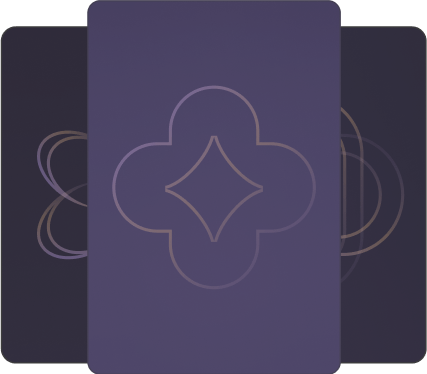What is
The Secret Piano by Zhu Xiao-Mei about?
The Secret Piano is a memoir chronicling Zhu Xiao-Mei’s journey from a prodigy in Maoist China to an acclaimed concert pianist. It details her resilience during the Cultural Revolution, including five years in a labor camp, and her eventual escape to pursue music in the West. Central themes include survival through art, the transformative power of Bach’s Goldberg Variations, and the enduring legacy of familial and cultural bonds.
Who should read
The Secret Piano?
This book appeals to readers interested in memoirs of perseverance, classical music enthusiasts, and those exploring China’s Cultural Revolution. Historians, pianists, and fans of stories about reclaiming identity through art will find it compelling. Its blend of personal struggle and musical philosophy also resonates with readers seeking inspiration from unconventional career paths.
Is
The Secret Piano worth reading?
Yes, it offers a gripping account of resilience and artistry. Reviews praise its vivid portrayal of Mao-era China and Zhu’s philosophical reflections on music. While some note slower pacing in later sections, the memoir’s emotional depth and historical insights make it a standout read for lovers of biography and music history.
How does
The Secret Piano depict life during China’s Cultural Revolution?
Zhu describes forced labor, ideological indoctrination, and the suppression of artistic expression. She recounts confiscated pianos, public humiliations, and the systemic erasure of intellectualism. Her family’s hidden piano becomes a symbol of resistance, while Bach’s music serves as a mental refuge during her five-year re-education in Inner Mongolia.
What role does Bach’s
Goldberg Variations play in the book?
The Goldberg Variations symbolize Zhu’s spiritual and artistic rebirth. She interprets the piece as a metaphor for life’s complexities, weaving its structure into the memoir’s 30-chapter format. Zhu’s performances of the work, described as introspective and unconventional, reflect her journey from trauma to triumph.
What are the most impactful quotes from
The Secret Piano?
Key quotes highlight music’s redemptive power:
- “In Bach, I found a language that transcended politics and suffering.”
- “The piano was not just an instrument; it was a companion in silence.”
- “To play freely, you must first free your mind.”
These lines underscore Zhu’s belief in art as liberation.
How does
The Secret Piano compare to other Cultural Revolution memoirs?
Unlike purely historical accounts, Zhu’s memoir integrates musical theory and metaphor. It shares themes with Wild Swans but stands out for its focus on art’s survival under oppression. Critics note its unique blend of personal narrative and analytical reflections on Western classical music’s role in Maoist China.
What criticisms exist about
The Secret Piano?
Some readers find the post-China sections less compelling than the Cultural Revolution narrative. A minority critique the philosophical tangents about music as overly abstract. However, most agree these elements deepen the exploration of art’s relationship to trauma.
How does Zhu Xiao-Mei’s background influence
The Secret Piano?
As a Beijing Conservatory prodigy turned labor camp survivor, Zhu’s dual identity as artist and dissident shapes the memoir. Her teaching career in Paris adds depth to discussions of cross-cultural artistry. The book reflects her belief that technical mastery must coexist with emotional authenticity in music.
Why is
The Secret Piano relevant to modern readers?
Its themes of artistic censorship and political resilience resonate amid global debates on free expression. Aspiring musicians gain insights into overcoming creative barriers, while historians value its firsthand account of China’s ideological purges. The memoir’s emphasis on mental fortitude offers universal lessons for navigating adversity.
How does the “secret piano” metaphor function in the book?
The family’s hidden piano represents cultural preservation under oppression. Its eventual destruction mirrors China’s broader erasure of Western art, while Zhu’s mental rehearsals on an imaginary keyboard symbolize hope’s indestructibility. The metaphor underscores how creativity persists even when tools are confiscated.
What makes Zhu Xiao-Mei’s interpretation of Bach unique?
Zhu’s performances blend technical precision with emotional rawness, shaped by her traumatic past. She emphasizes the Goldberg Variations’ introspective qualities over showmanship, a style reviewers call “hauntingly meditative.” This approach reflects her view of music as a vehicle for healing rather than mere performance.









